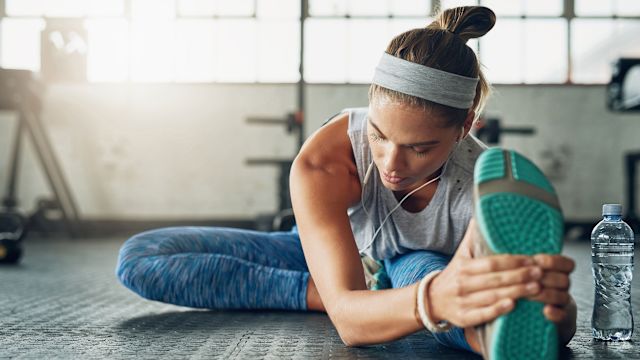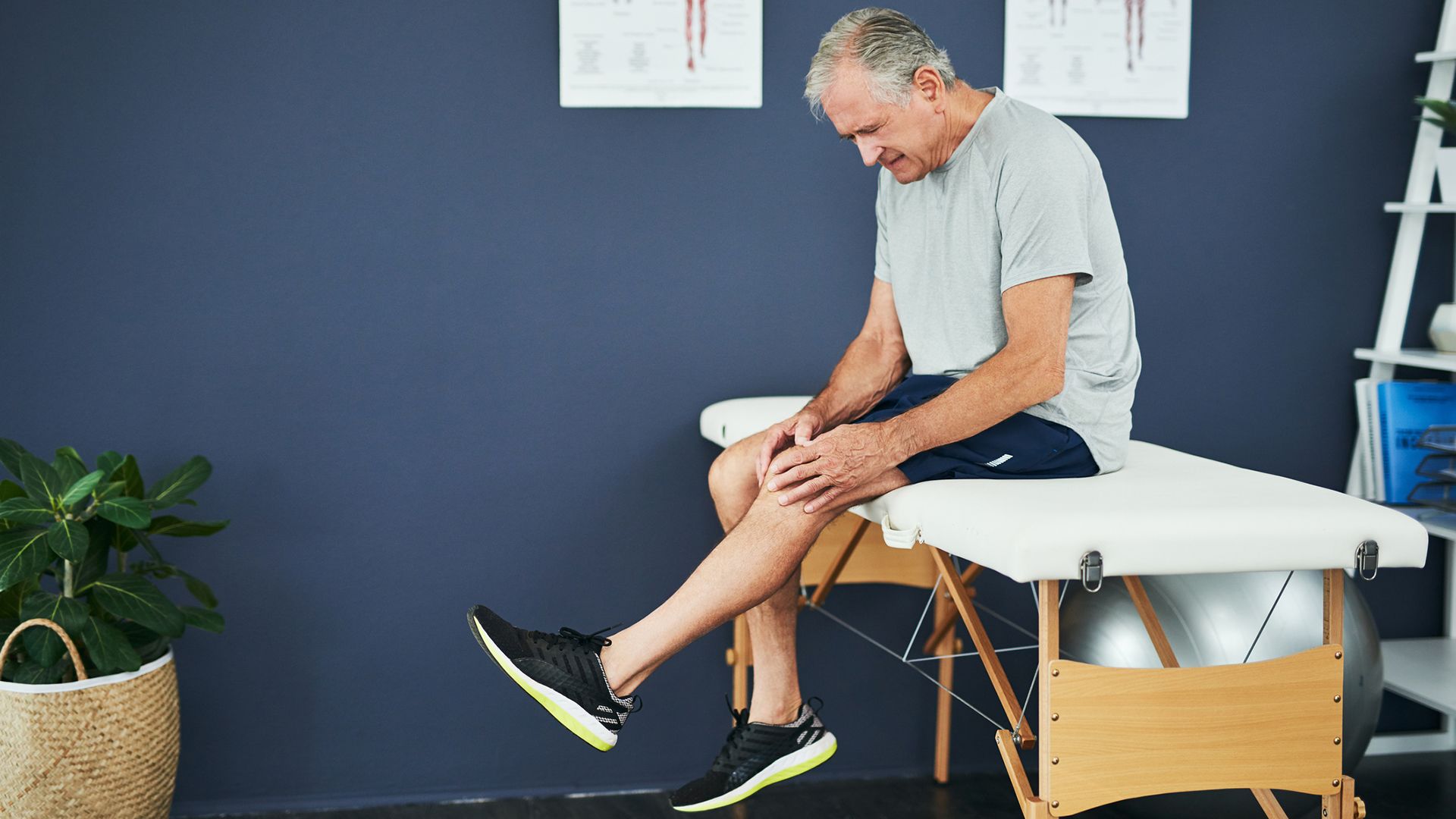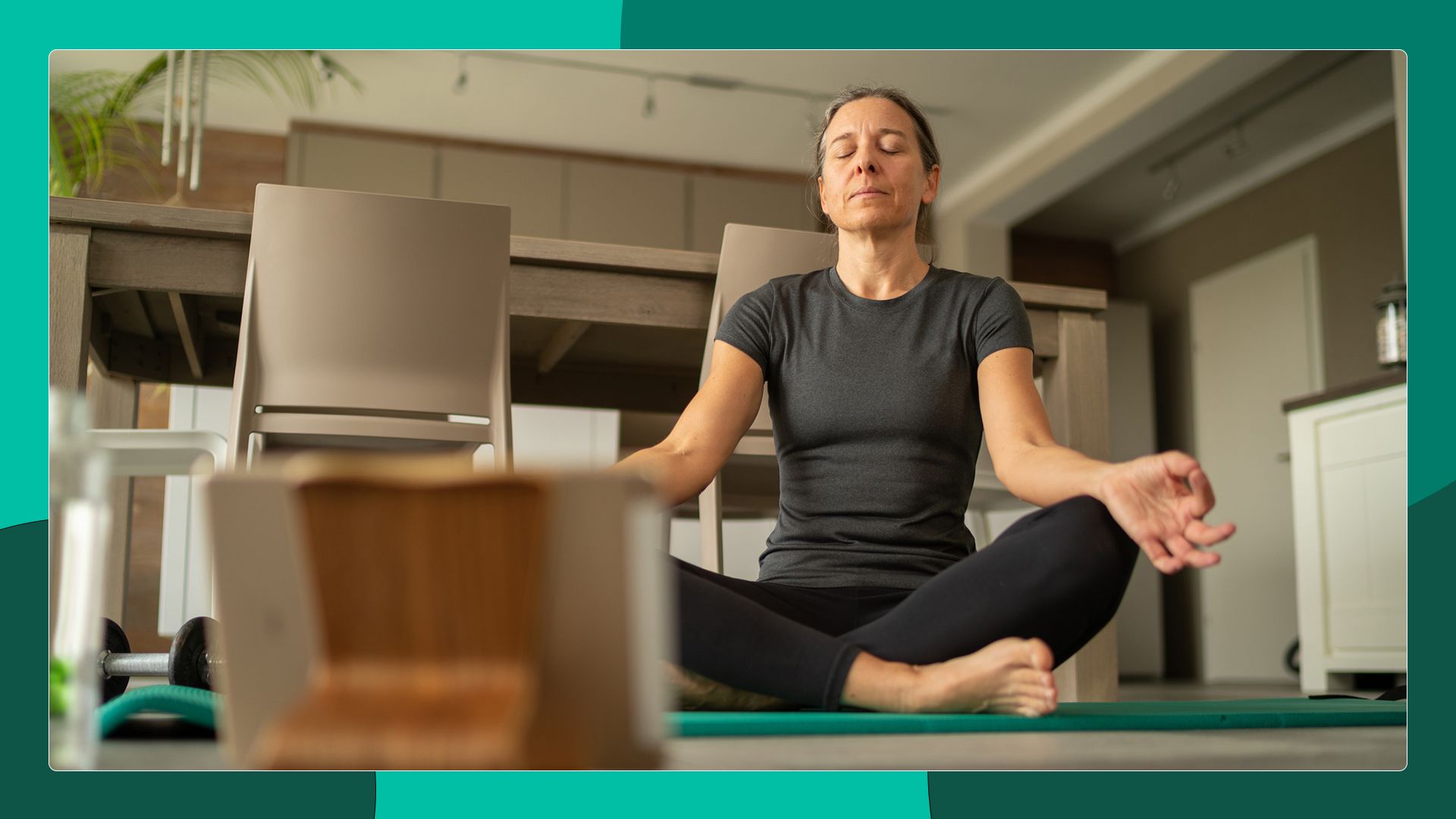Getting to the gym can be a challenge for anyone, but it comes with a few additional challenges when you have a condition like psoriasis. While psoriasis is an autoimmune disorder, and not in any way contagious, it does manifest with skin symptoms, and many people with psoriasis feel self-conscious about their appearance. And while exercise is important to overall health, certain forms of exercise can aggravate or trigger symptoms. Here, we’ll look at tips for finding the right gym, overcoming stigma, choosing workout clothes and avoiding triggers.
Finding a gym
It is important to choose a place that offers the type of equipment or instruction that you are interested in, and to choose a place where you feel comfortable—this will make sticking to a routine or going regularly much easier and more enjoyable. This logic applies to gyms, yoga studios, group classes or any other place where you can exercise. Fortunately, the fitness industry is huge, and you have options to choose from. Many places offer a free trial or introductory class that allow you to try the place out before committing to a paid membership. It can also help to talk to the staff. Try asking them what the crowd is like, how busy the gym gets, what other members like about the place. If you feel comfortable talking to the staff, you might even bring up your concerns and see how they respond.
Stigma
Gyms can be intimidating environments for anyone who feels self-conscious about the way that they look, but there are a few things you can do to feel more at ease.
- Have a plan and know the layout. Having goals, knowing what exercises you need to do and knowing where to find the equipment you need can help you feel like less of an outsider.
- Go with a friend. Having a friend by your side at the gym can help you feel more at ease. Encouragement, accountability and support are other benefits.
- Work with a trainer. Consider working with a trainer. Especially if you are new to exercise or a particular form of exercise. Not only will this help you learn proper technique and form, it also takes away the pressure of having to plan, and you won’t have to navigate the gym on your own.
Clothing
When working out, choose clothing made from materials that wick moisture from the skin. Workout clothing made from materials like polyester and nylon allow sweat to move through them—and away from your skin, which will hopefully minimize irritation caused by sweat. A moisture-wicking layer may be your only layer when working out in warmer temperatures or a base layer when working out in the cold.
Friction
You may want to consider applying a layer of petroleum jelly or another emollient to reduce friction during a workout. Apply it to affected areas, areas that are prone to friction from skin-on-skin contact or areas of the skin that rub against clothing. Many athletes, even those without psoriasis, do this to avoid chafing during training and competitions. Petroleum jelly is also recommended as a protective barrier against chlorine when swimming.
Equipment
While psoriasis is not contagious, any skin that is damaged is prone to infection. If you’re working out in a gym, be sure to wipe down any gym equipment before use, to avoid exposing yourself to fungal or bacterial infections—wiping down equipment after using it is also recommended, because it’s good etiquette.
Shower and moisturize
It’s recommended that you shower immediately (or as soon as possible) after working out. As always, keep the shower lukewarm and moisturize immediately after.
Medically reviewed in December 2019.





